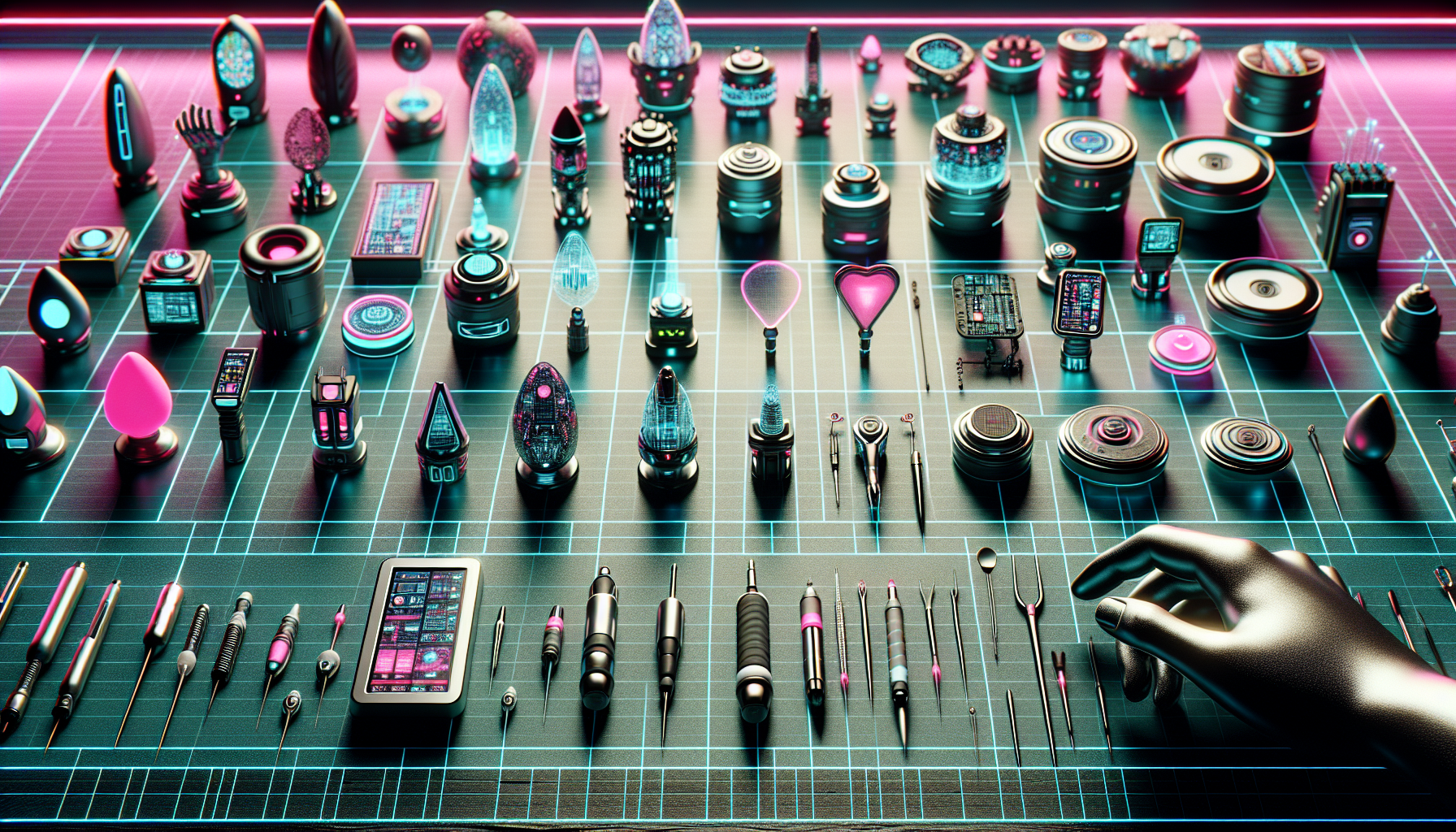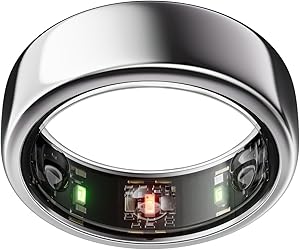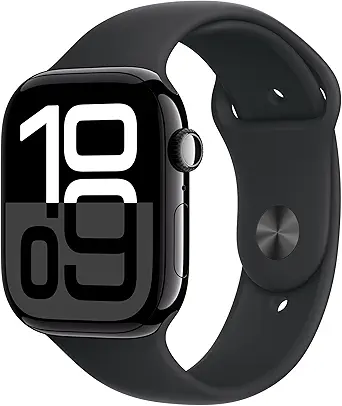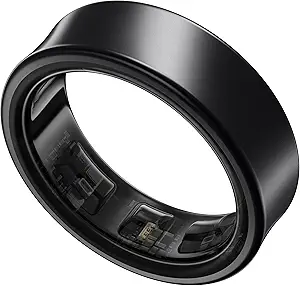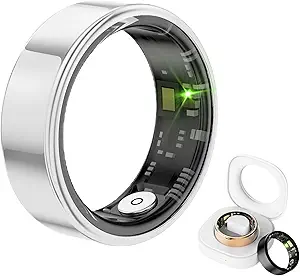Welcome to the future, where technology and biology converge in ways that become inseparable. Bioelectronic implants are at the forefront of this revolution, designed to interface directly with biological systems to enhance health monitoring and treatment. As we venture deeper into what makes these gadgets tick—without relying on traditional batteries—we uncover a fascinating nexus that sits at the core of geek culture. It’s time to plug into the incredible world of bioelectronics.
What Are Bioelectronic Implants?
Bioelectronics is a field that combines biology, electronics, and engineering, aiming to create devices capable of interacting with biological systems. These implants represent a whole new approach to health and wellness, bridging human physiology and cutting-edge technology.
- Neural implants: These devices interface with the nervous system, helping to restore or enhance nerve function and offering promising treatments for conditions like paralysis.
- Cardiovascular devices: From pacemakers to advanced stents, these gadgets improve heart health by regulating blood flow and monitoring cardiac activity.
- Wearable sensors: These devices track various health metrics in real-time, providing personalized insights.
How Do Bioelectronic Implants Work Without Batteries?
Here’s where it gets really exciting. Traditional electronic devices rely on batteries, whose lifespan and sustainability can be limited. Bioelectronic implants break this mold by harnessing energy from various sources within the body. Let’s delve into how this works.
- Piezoelectric effects: By utilizing the mechanical strain from movement, these devices convert everyday activity into electrical energy. Imagine your daily steps charging your implants.
- Thermoelectric generators: These devices leverage temperature differences, converting body heat into power, turning your own heat into energy.
- Biofuel cells: This groundbreaking technology transforms the body’s biochemical energy—like glucose—into electricity, using the body’s natural processes as a power source.
Recent advancements show promise, with researchers developing biofuel cells that could power neural implants directly from glucose, significantly impacting chronic disease management and human function enhancement.
Applications of Bioelectronic Implants
The potential applications of bioelectronic implants extend from healthcare to daily life, placing them at the forefront of future innovation.
- Healthcare improvements: These devices provide continuous monitoring of chronic diseases, allowing for timely interventions and better patient outcomes. Imagine a world where your implant detects irregular heartbeats before they become serious issues.
- Enhancing prosthetic devices: Neural and bioelectronic interfaces elevate prosthetics from being merely functional to intuitive and responsive—limbs controlled by thought patterns delivering a new lease on life.
Everyday Implications
Beyond healthcare advancements, these implants will surface in daily contexts. Integrating bioelectronics into fitness tracking could lead to devices that track and predict health needs. Envision a future where gaming and entertainment blend with enhancement of natural abilities—no longer just sci-fi; it’s within grasp!
User Experiences and Testimonials
Real-world experiences shape the narrative around bioelectronic implants. Numerous case studies illustrate the devices’ profound impact on quality of life. Users of neural implants report increased mobility and renewed hope. One individual shared how their glucose biofuel cell not only powers their insulin pump but also reminds them to maintain activity for sustained energy.
This technology transforms personal health stories. The intersection of health and advanced tech represents transformations once deemed unimaginable.
Future Perspectives
Research trends in bioelectronics focus on miniaturization, improved user integration, and fusing with AI technologies. Expect to see more sophisticated algorithms allowing for smarter data management and personalized health strategies.
However, with these advancements arise ethical considerations concerning data privacy and consent. As bioelectronics evolve, discussing who owns and utilizes this data will be crucial in geek and tech communities alike.
Stepping Into Tomorrow
Bioelectronic implants symbolize not just a glimpse into future healthcare but a shift in how we live, interact, and care for ourselves. Whether you’re a tech enthusiast, healthcare professional, or simply curious about the fusion of biology and technology, the potential of these devices should pique your interest. As innovations evolve, staying informed will be vital. What are your thoughts on the future of bioelectronic implants? Let’s keep this conversation alive in our communities!

